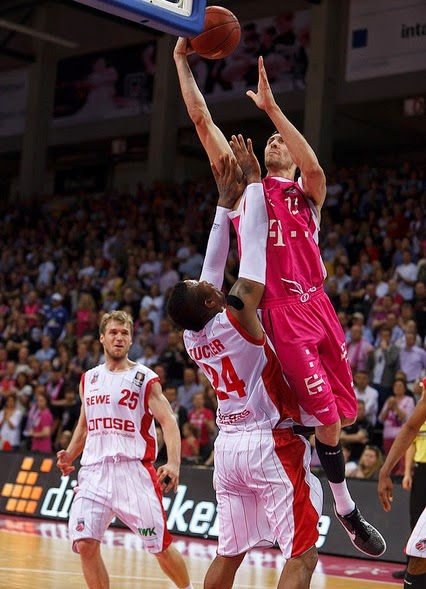Every time you encounter an aspiring young athlete, you'll see him wanting to increase height, mainly because it is a common belief that being tall gives better athletic capabilities. They undergo healthy eating habits just to get the nutrients they need in order to support body development and growth. It's definitely true that the taller you are, the more athletically gifted you will be. However, this isn't always the case as seen in professional team sports. Height could be more of a burden than a benefit in certain sports and situations.
Basketball – height is a boon and a folly

Pros: You do have to be fairly tall if you are aspiring to be a basketball player. You need to be at least six feet in order to succeed in the big leagues, unless if your abilities are in the league of Spudd Webb and Mugsy Bogues. Being tall means having long limbs, and if you're a viciously tall center, the opposing team will find it hard to score in the paint.
Cons: Basketball involves dribbling, and when you dribble, there are several milliseconds wherein the ball isn't on your hands. The taller you are, the longer this lapse is. This is the primary problem of really tall players, and the reason why ball handling isn't their strength. This is one of the reasons why you don't see 6'10 and above point guards. Aside from which, being tall is always associated with being slow: Chris Paul isn't known for his speed, but he can certainly get past Pau Gasol in any day.
Also remember that depending on your height, the appropriate position and training will be given to you. You can't play as a six foot three center in the NBA – you'll get to be a point or a shooting guard.
Football/Soccer – the most popular sport in the world
With the FIFA World Cup just around the corner, football's popularity is currently sky high. Everyone's excited for the event – even casual observers are looking forward to it. Although it's not really a tall man's game, height plays a major role, although it has its pros and cons as well.
Pros: Football isn't only played on the ground: it's also played in the air. Loose, high balls are always headed clear or past the goal posts. This is why you always see tall central defenders like John Terry and Per Mertesacker bravely jumping up during corners, high crosses and free kicks. As mentioned earlier, being tall means having longer limbs, so most teams have really tall goalkeepers manning the posts.
Cons: The main disadvantage of being a tall striker is the fact that you're slow (ahem Peter Crouch). The ideal strikers are always average in height, like Lionel Messi and Neymar, two of the most prolific strikers that will be playing in the World Cup. Being average in height means that they are speedier than than taller defenders, although they won't be as strong as they are. Seeing a tall striker is somehow a rarity nowadays, unless if you're a Paris St. Germain fan. Zlatan Ibrahimovic, standing 6'3 is a Swedish striker and a player that will be missed in the World Cup. What he lacks in speed (although he's still fast), he makes up for trickery, strength and aerial prowess.

















0 comments:
Post a Comment